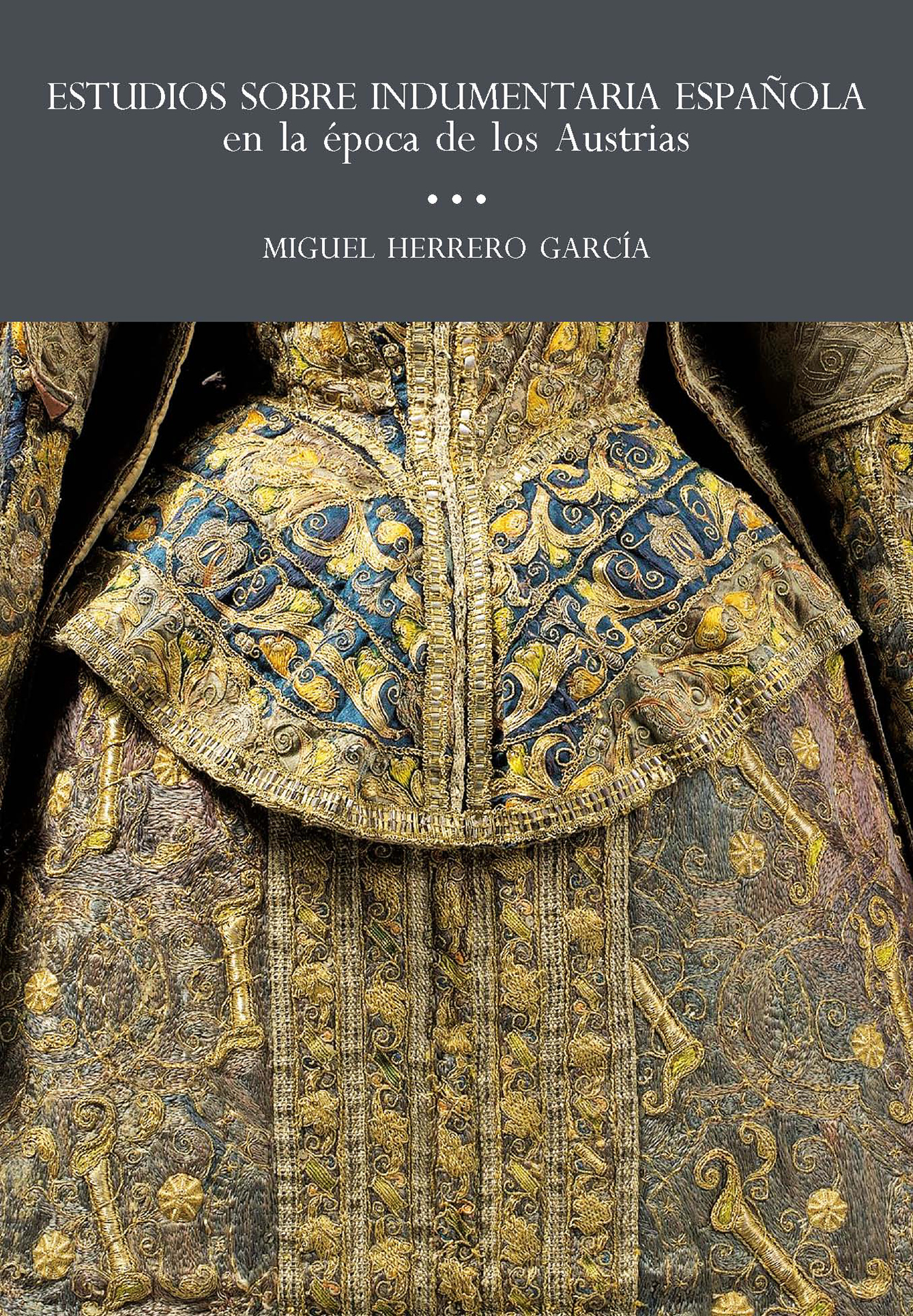Author
Miguel Herrero García
Characteristics
392 pages; 105 color illustrations; flapped paperback; 17 x 24,5 cm
Publication
Spanish; preface by M. Herrero de Miñón; with the collaboration of the Museo del Traje; 2014
ISBN
978-84-15245-39-1
Price
€15,87
Buy on our site and save 5% until January 5 (Coupon code: NAVIDAD 2025)
This book features 74 studies, each on a Spanish garment of the sixteenth and seventeenth centuries and mostly illustrated with examples preserved in various Spanish and foreign museums. The realism of the literary texts by Spanish authors belonging to a wide range of genres ranging from theatre to catechistics, backed by an analysis of numerous documents–both public (records of parliamentary proceedings, guild ordinances, record books of judges of the Royal Household and Court) and private (inventories, wills, letters of dowry, etc.)–allows a faithful and thorough reconstruction to be made of a very substantial part of the costume of the period. The evolving trends in fashion provide an insight into social, religious and political conflicts, international tensions and the particular understanding of life that characterised the Spanish Baroque. Despite the fragmentary nature of the work, it makes a fundamental contribution to the ‘intrahistory’ of the Golden Age.
Miguel Herrero García (1895–1961), a secondary school professor of Latin and collaborator with the Centro de Estudios Históricos, taught Spanish literature at Cambridge and Middlebury College (Vermont, USA). A prolific writer and reputed Spanish Golden Age scholar, he focused his research on the ways of life, both public and private, of sixteenth- and seventeenth-century Spaniards as reflected in the literature of the period. Prominent among his works are Estimaciones literarias (1934), Ideas de los españoles del siglo XVII (1926, 2nd ed. 1966), Nueva interpretación de la novela picaresca (1942), Contribución de la literatura la historia del arte (1943) and a critical edition of Cervantes’s Viaje del Parnaso (1983).

